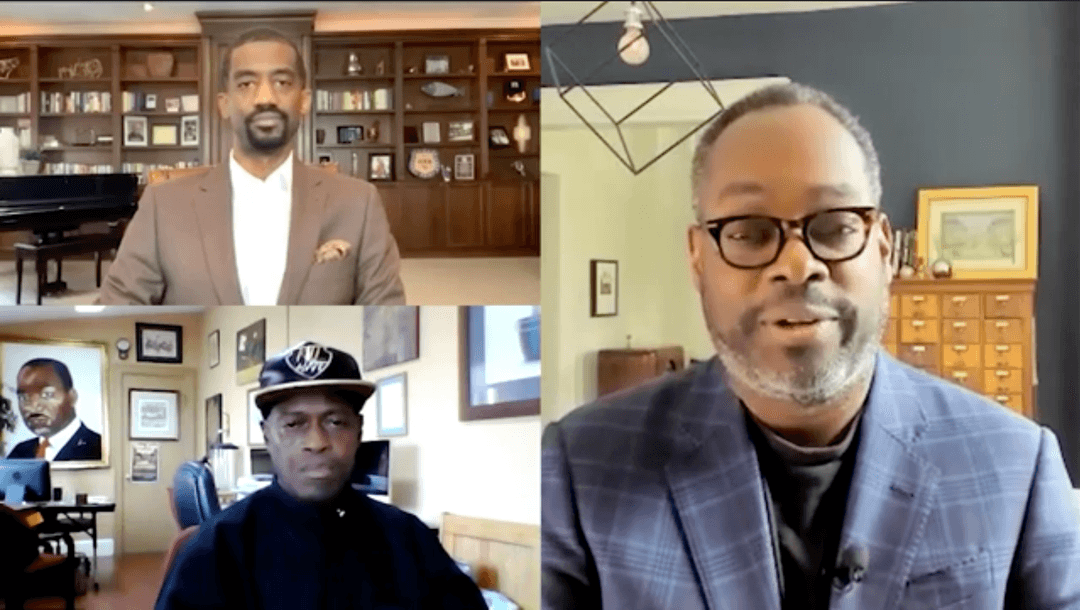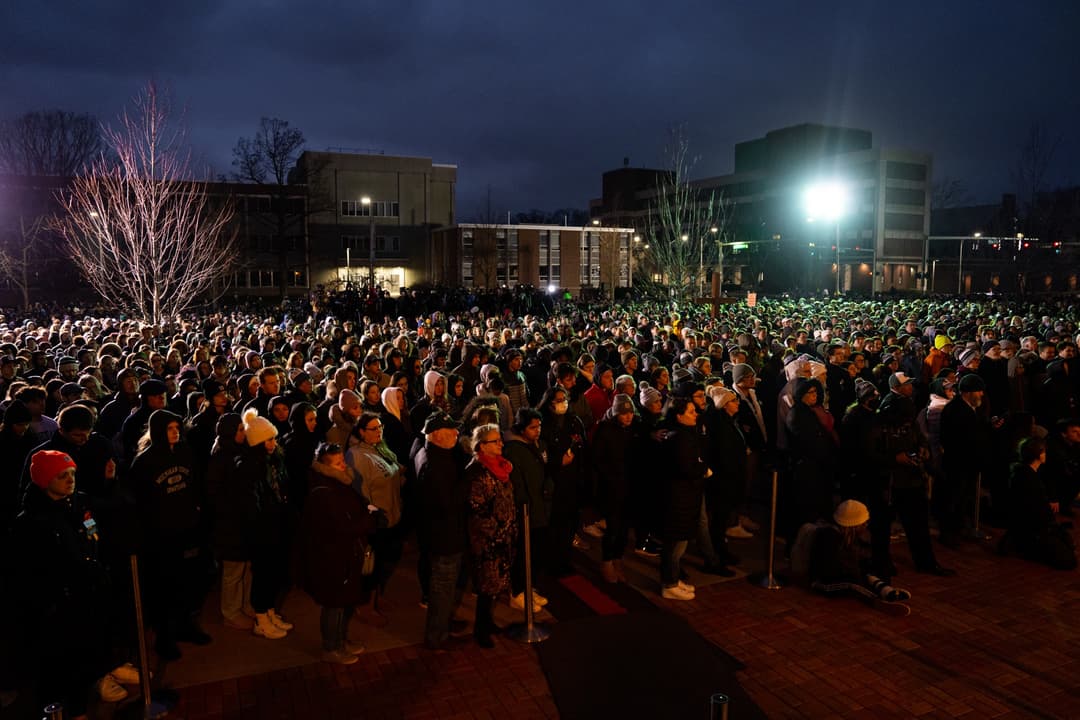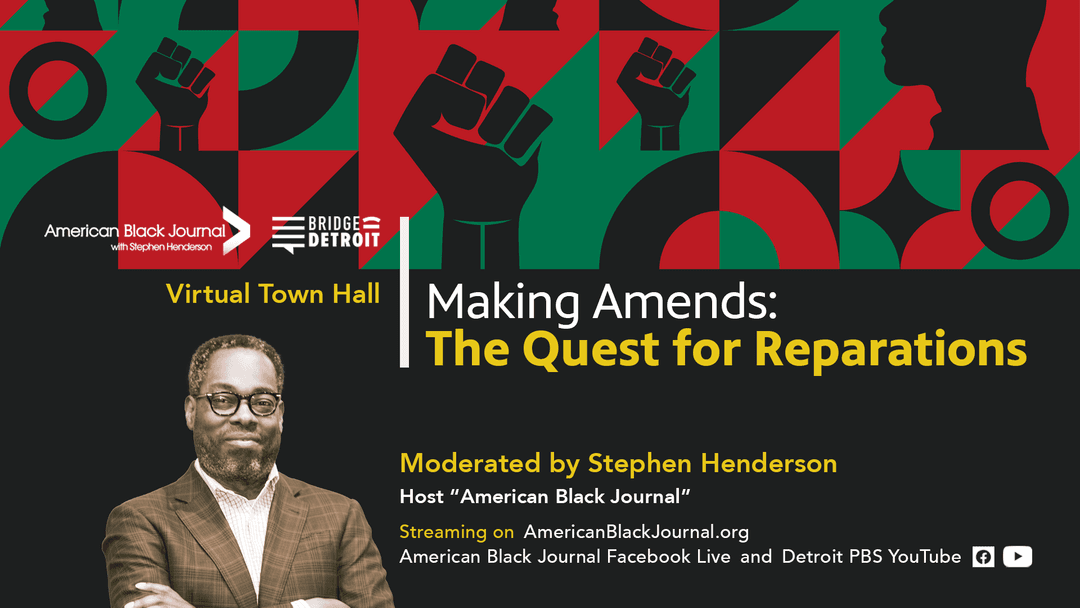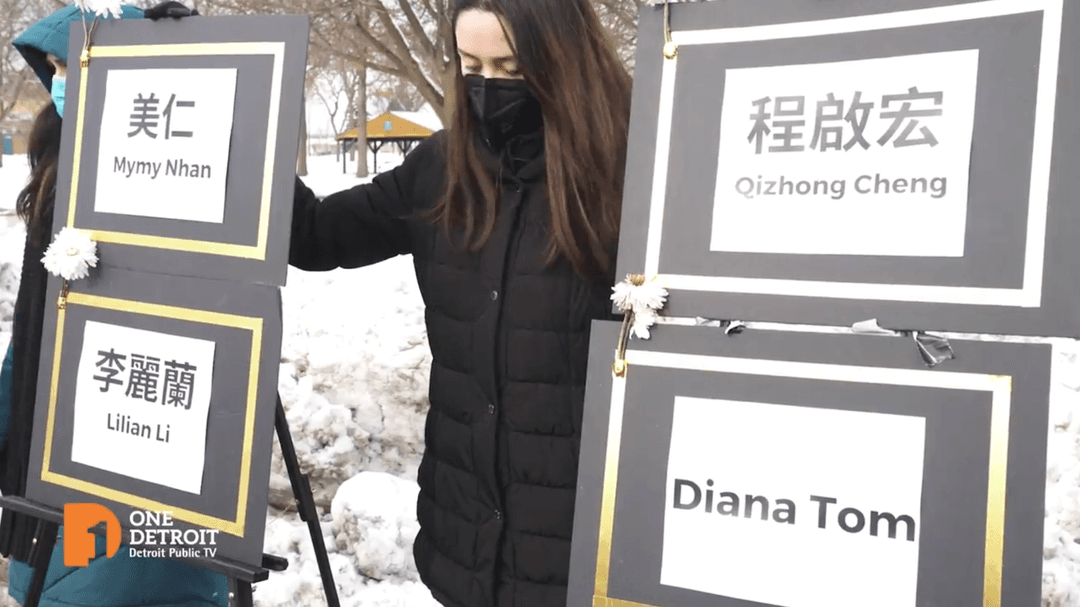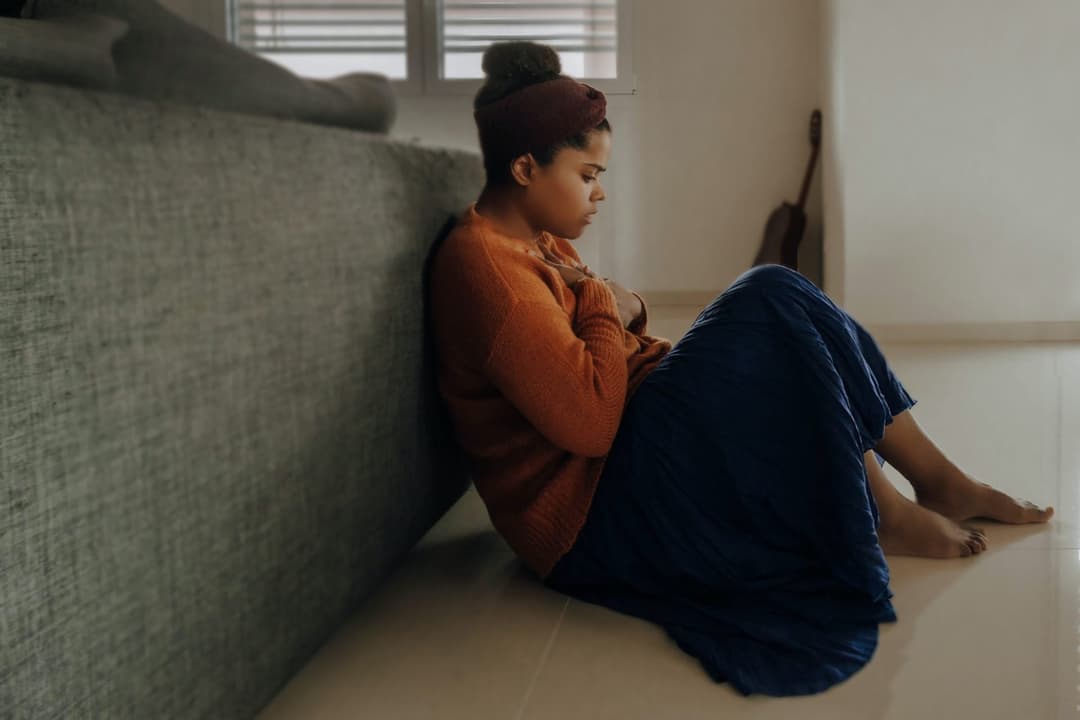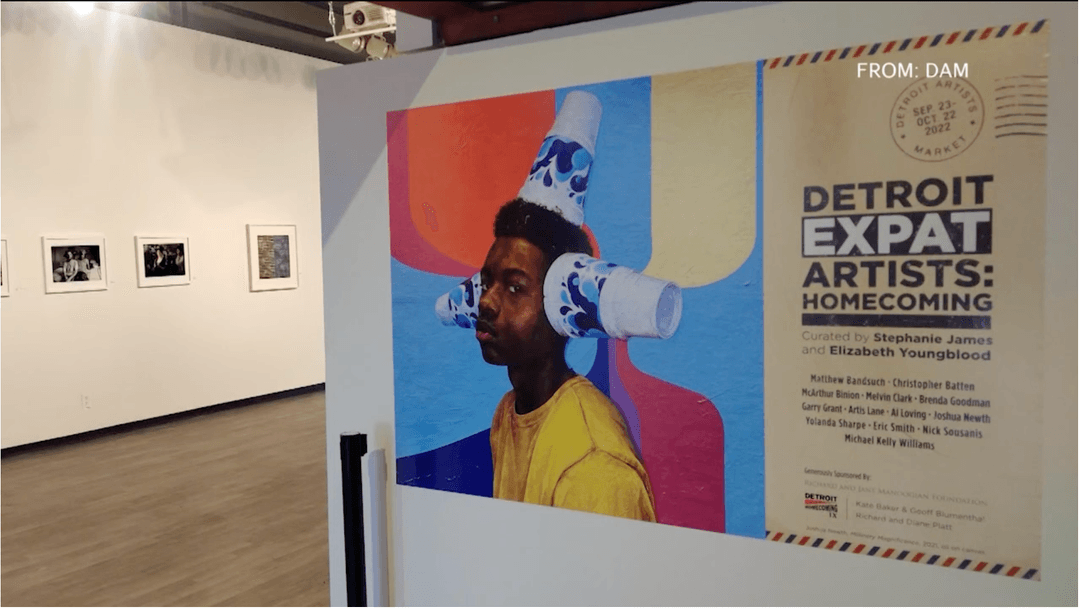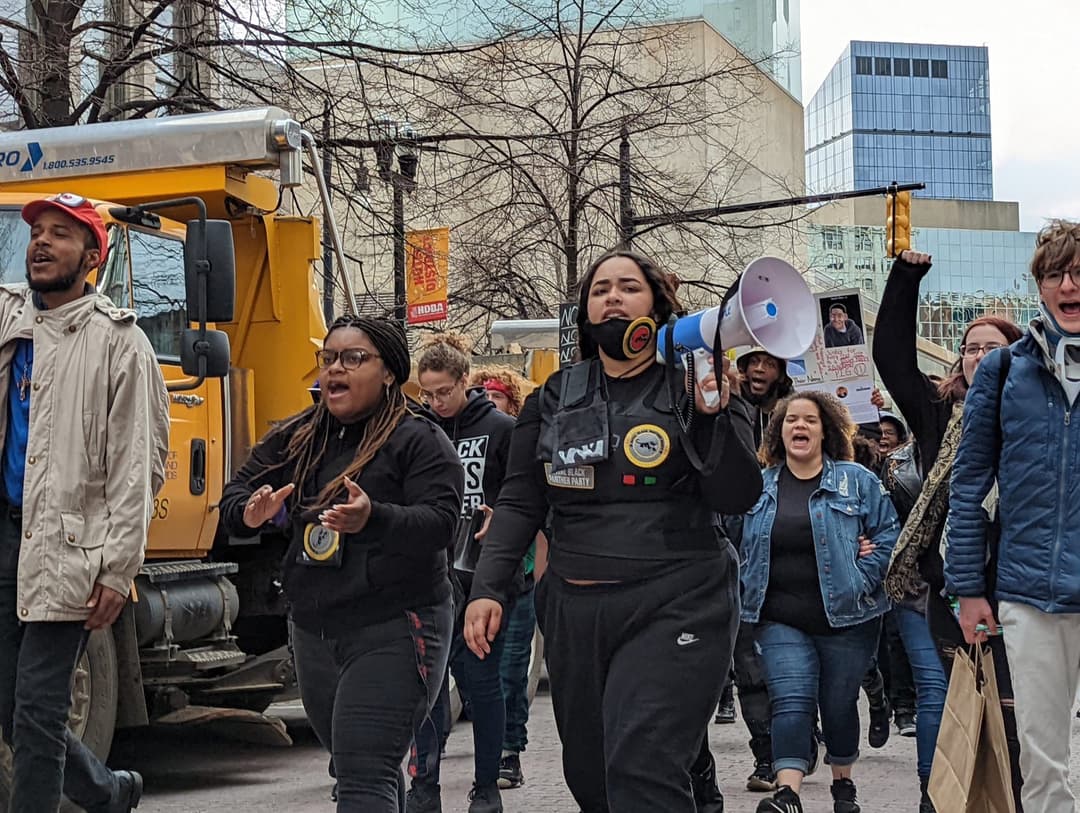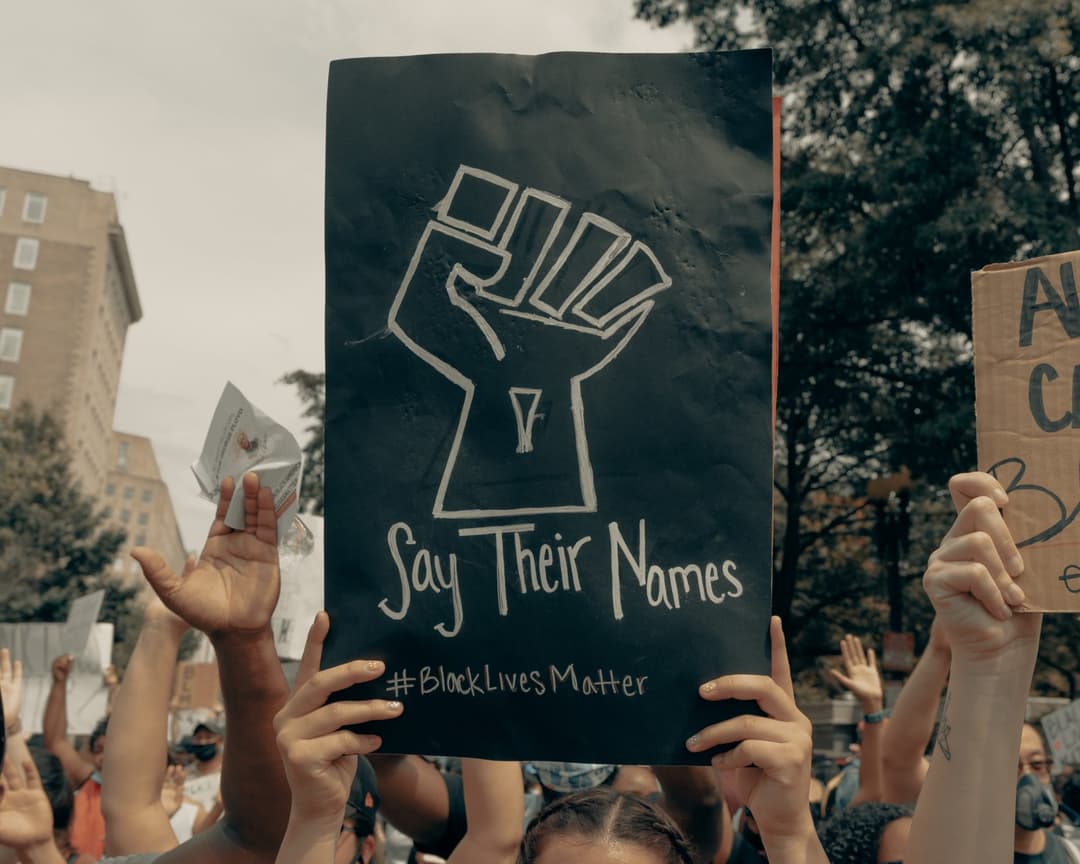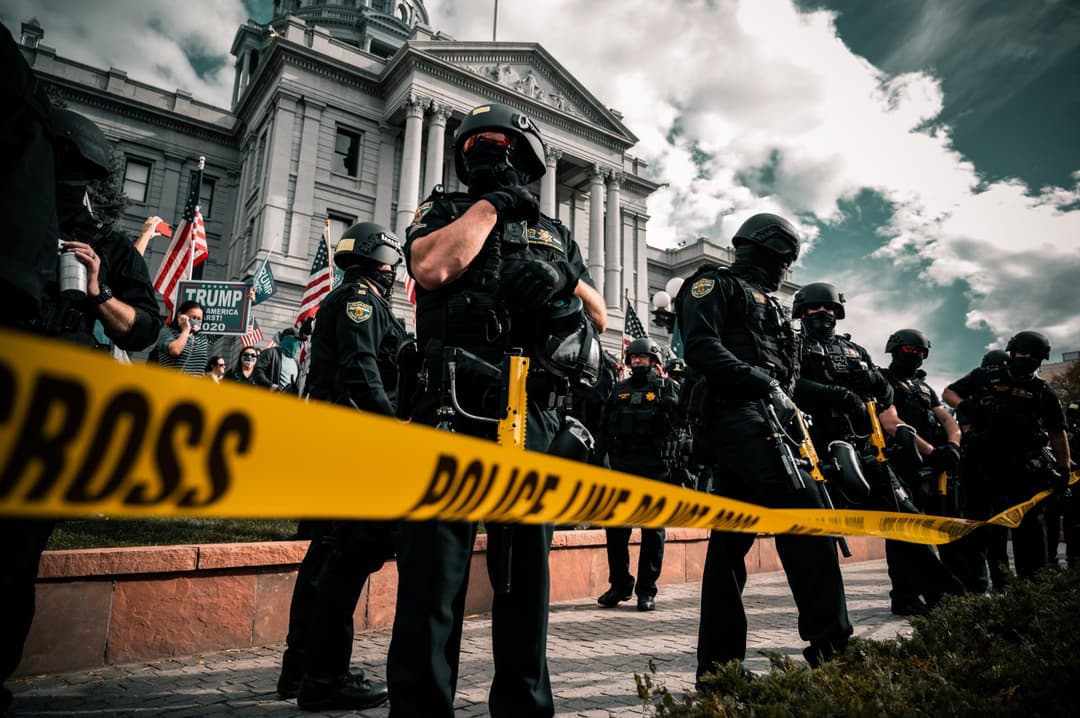American Black Journal – Detroit’s Black political representation, Michigan State University mass shooting
Feb 21, 2023
This Week on American Black Journal:
A shift in representation: Detroit’s Black political past and present with Adolph Mongo
For the first time in nearly 70 years, Detroit does not have an African American representative in Congress. Last year, voters did not elect any of the eight African Americans who ran for an open 13th District U.S. Congressional seat. Instead, Rep. Shri Thanedar, an immigrant from India, was chosen to represent the city, which has a nearly 80% Black population. State Sen. Adam Hollier was the Black candidate closest to securing the open seat behind Thanedar.
As Detroit ends an era of Black political representation in Congress, what impact will that loss have on the city’s majority-Black constituents? To find out, “American Black Journal” contributor Orlando Bailey, the engagement director for BridgeDetroit, sat down with longtime Detroit political consultant Adolph Mongo to talk about the city’s Black political representation over the years, how it has changed and why.
Plus, they discuss the role that Michigan’s new redistricting maps had on the 2022 election cycle and Black voter turnout in Detroit.
[et_pb_video src=”https://www.youtube.com/watch?v=Sqx5MTmxzR8″ admin_label=”Segment 1 Video” _builder_version=”4.19.5″ _module_preset=”default” global_colors_info=”{}”]
For first time in nearly 70 years, Detroit lacks Black representation in Congress
A new wave of political representation has arrived in Detroit with the election of U.S. Rep. Shri Thanedar, a millionaire businessman who immigrated to the United States from India as a child. It’s the first time in nearly 70 years that Detroit has elected a non-Black candidate to represent the city in Congress.
“American Black Journal” has teamed up with BridgeDetroit to examine the changes in Detroit’s political power in Congress, and what impact the loss of African American representation may have on the city’s nearly 80% Black population.
Host Stephen Henderson leads a conversation with BridgeDetroit Executive Director and Editor Catherine Kelly about a BridgeDetroit and WDET-produced podcast series that takes a close look at Black political power and features interviews with some of the Congressional candidates, including elected U.S. Representatives Shri Thanedar and Rashida Tlaib.
Plus, they talk about how the newly-elected lawmakers will represent Black interests in the city and what the future looks like for the city’s Black political representation.
[et_pb_video src=”https://www.youtube.com/watch?v=9LWJvlIUBL8″ admin_label=”Segment 2 Video” _builder_version=”4.19.5″ _module_preset=”default” global_colors_info=”{}”]
Healing from tragedy: How MSU moves forward after mass shooting kills three, injures five
Host Stephen Henderson spent Monday night, Feb. 13, like most other Michigan State University parents, checking on the safety of their children after a gunman entered two university buildings and began firing at people.
The tragedy began around 8:18 p.m., after which a manhunt ensued for roughly four hours before law enforcement located the gunman a few miles off campus in Lansing. Three students — Alexandria Verner of Clawson, Brian Fraser of Grosse Pointe, and Arielle Anderson of Harper Woods — were slain by the gunman, and 5 others were hospitalized. The 43-year-old gunman Anthony Dwayne McRae, also died from a self-inflicted gunshot wound the night of the shooting. He had no affiliation with the university.
As parents, students, staff, alumni and the entire country grapple with and heal from this tragedy, Henderson sat down with Dr. Lekie Dwanyen, an assistant professor in Michigan State University’s department of human development and family studies, to hear how the MSU community is coping.
They talk about the traumatic emotions and changes people impacted by the violence may feel in the wake of this tragedy, as well as opportunities happening on campus to help students come together, heal and memorialize the victims. Plus, they talk about the frequency of mass shootings in our society and the impact that it has on younger generations.
[et_pb_video src=”https://www.youtube.com/watch?v=VuYVUsfaBhQ” admin_label=”Segment 3 Video” _builder_version=”4.19.5″ _module_preset=”default” global_colors_info=”{}”]
Stay Connected:
Subscribe to Detroit PBS YouTube Channel & Don’t miss American Black Journal on Tuesday at 7:30 p.m and Sunday at 9:30 a.m. on Detroit PBS, WTVS-Channel 56.
Catch the daily conversations on our website, Facebook, Twitter and Instagram @amblackjournal.
View Past Episodes >
Watch American Black Journal on Tuesday at 7:30 p.m. and Sunday at 9:30 a.m. on Detroit Public TV, WTVS-Channel 56.
Stay Connected
Subscribe to Detroit PBS YouTube Channel & Don’t miss American Black Journal on Tuesday at 7:30 p.m. and Sunday at 9:30 a.m. on Detroit PBS, WTVS-Channel 56.
Catch the daily conversations on our website, Facebook, Twitter, and Instagram @amblackjournal.
Related Posts
Leave a Reply
Your email address will not be published. Required fields are marked*
